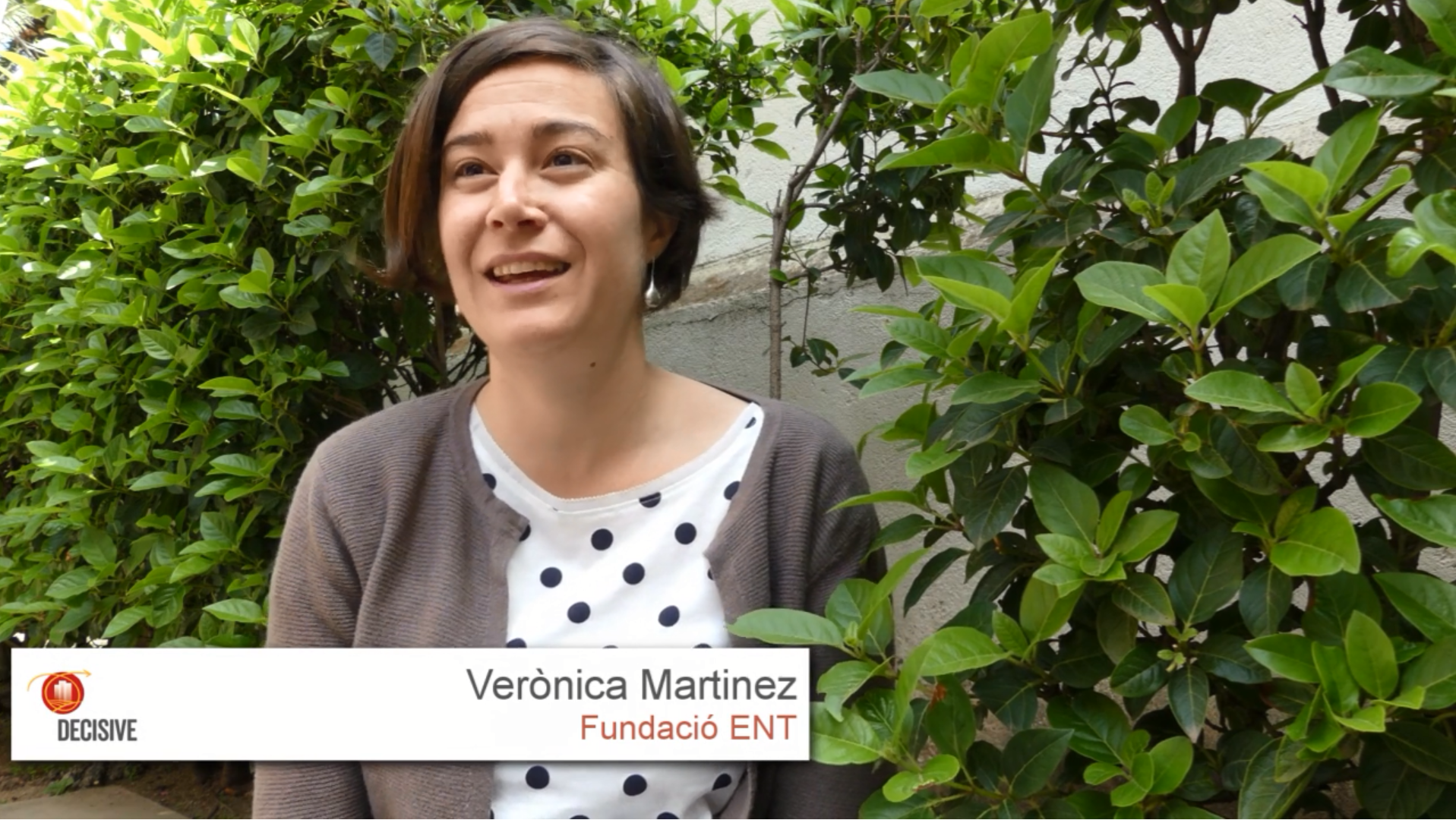We spoke to Veronica Martinez Sanchez at the conference titled “The Role of Decentralised Biowaste Management in a Circular Economy” held in Barcelona last year. She told us what can one expect from the upcoming Decision Support Tool, that is currently being developed by Fundacio ENT.
The main aim of the DST is assessing the performance of biowaste management options (including centralized and decentralized systems) in a specific area (e.g. municipality or district of a city). The results obtained with the tool will facilitate the comparison between different biowaste management solutions and among them the decentralised systems of biowaste valorisation proposed by DECISIVE. To evaluate the performance of each biowaste management option, the tool uses various assessment criteria including environmental, economic and social aspects.
The DST considers the impacts associated with all stages of the biowaste management system, (i.e. biowaste generation, source separation, collection from the sources to the first waste facility, pre-treatment, treatment, final disposal, bio-based products use as well as transportation between the different waste facilities). It accounts for the impacts related to emissions and resources consumed (e.g. electricity, fuel, machinery) within the biowaste management system as well as the avoided productions of the goods (material and energy) substituted by the outputs generated from the biowaste management system, such as mineral fertilizers.
The target users of the DECISIVE DST will be authorities, consultancies and waste operators, which can use the tool to simulate different biowaste management scenarios. Such scenarios consist of technological pathways used to manage the biowaste. Most of the users are expected to simulate a Baseline Scenario and one (or more) Alternative Scenario(s) and compare the results. The Baseline Scenario refers to the performance of the biowaste management system in place (or the one initially planned). The results of its assessment could help, for example, to identify the critical points of the current (or planned) management. The comparison among different alternatives with the baseline will inform about the existence of objective reasons to change the management system in place (or the planned one), based on the assessment criteria such as climate change and cost.
See all the DECISIVE interviews here.

